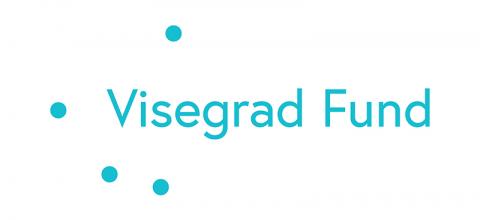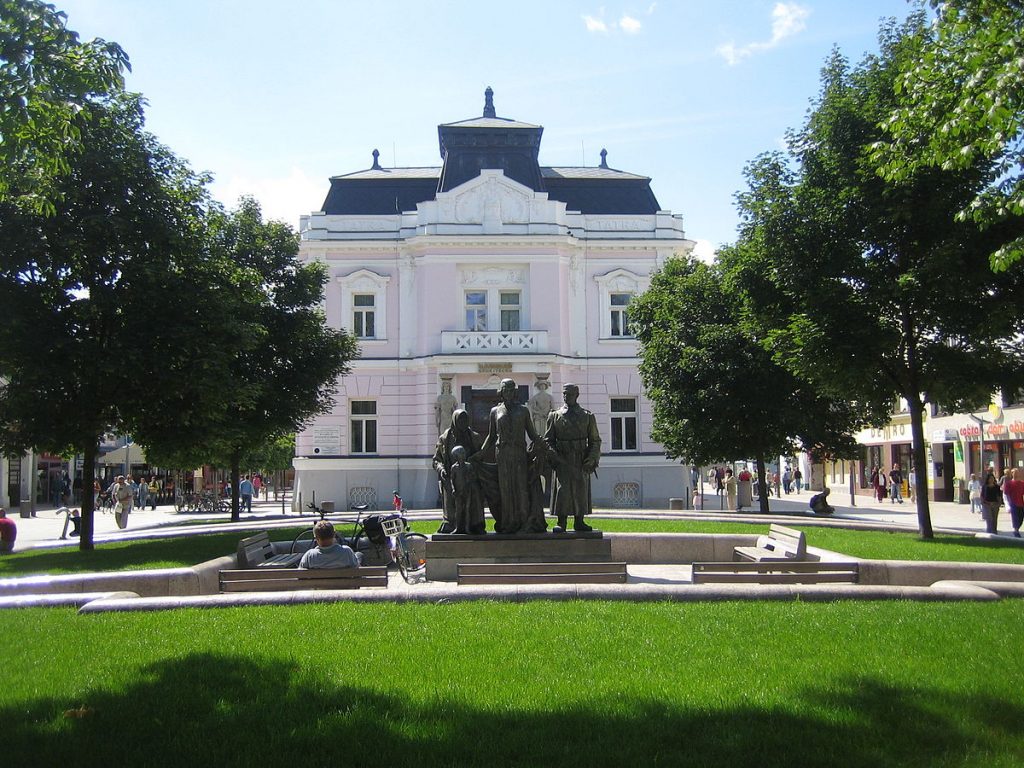The Written Visegrad Heritage – Protection for the Future / A visegrádi országok írott örökségének megőrzése és védelme

Archival and library documents and books are parts of our cultural heritage and public education. The information – several hundreds of km of documents and books in the 3 institutions – stored on these kinds of documents and books can only be protected from deterioration with conscious and the highest-quality prevention and conservation work, which requires devoted professionals. Global warming is contributing to more frequent disasters. In the case of archives and libraries, the most dangerous threats are flooding and inundation after heavy rainfalls. As a result, molds become more active and the fungal growth on the surfaces of objects often damage irreversibly or even destroys invaluable historical sources – our cultural heritage. The countries try different methods to solve the problem and protect their collections. The focus of the project is to establish a common emergency protocol.
Project grantee: Budapest City Archives
Project coordinator: Ms. Adrien P. Holl
A visegrádi országok írott örökségének megőrzése és védelme
A Budapest Főváros Levéltára által 2020 októberében benyújtott Visegrádi V4 pályázat először ad arra lehetőséget, hogy az állományvédelmi területen dolgozó: restaurátorok, biológusok és vegyészek összefogjanak a gyűjteményük hatékonyabb megőrzése és megmentése érdekében. A négy ország négy városában – Budapest Főváros Levéltára (Budapest), Szlovák Nemzeti Könyvtár (Turócszentmárton), Cseh Nemzeti Könyvtár (Prága), Varsói Egyetem Biológiai Tanszék (Varsó) – megrendezésre kerülő workshopokon állományvédelmi szakemberek osztják meg tudásukat egymással.
Stratégiai célunk a V4 projekt alatt egy szakmailag és tudományosan megalapozott vészhelyzeti protokoll összeállítása, amelynek része a tömeges papírfertőtlenítés mind a négy visegrádi országban használható lesz. A projekt munkatervünk meghatározza azokat a mérföldköveket, amelyek sikeres teljesítése esetén elérjük közös céljainkat. A jövőben, a hatékony csapatmunkának köszönhetően felkészültebbek leszünk a kulturális intézményeket érintő katasztrófák és az iratpusztulásokkal szemben.
A vészhelyzeti protokollt és az ötnyelvű könyv- és papírrestaurátor szótárt, mint a projekt eredményeit, mindenki számára elérhető helyen, a projekt honlapján közzé fogjuk tenni. Hosszú távú célunk a szakmai együttműködés kiterjesztése más országok (Románia és Ukrajna) kulturális intézményei felé is.
The project is co-financed by the Governments of Czechia, Hungary, Poland and Slovakia through Visegrad Grants from International Visegrad Fund. The mission of the fund is to advance ideas for sustainable regional cooperation in Central Europe.




Within The Written Visegrad Heritage – Protection for the Future project, the partners undertook the task of producing two deliverables.
One of them is a 5-language paper and photo conservation and restoration dictionary. It will help the cultural institutions of the Visegrad countries understand each other and follow each other’s professional developments. Besides the native languages – Czech, Hungarian, Polish, and Slovakian – of the project partners, English is the fifth language that can also advance better communication and foster further cooperation among the institutions of the Region.
The other deliverable, the Emergency Protocol Guidelines, aims to help cultural institutions in the Visegrad countries draw up their institutional Emergency Protocols. In the Manual, the institutions can find not only a concise description of general ideas, but also recommendations based on Case studies that could be adapted to their own institutions according to their needs, possibilities, and resources.
The Case studies, which have been provided by the partners, describe emergencies the participants and their institutions witnessed. After analysing them, the author offers The studies have been analysed by the author, and By reading the studies, the conclusions drawn from them, and the advice offered by the author, the readers can learn from the direct experience of the project members.
They can also provide scenarios for tabletop exercises and simulations.
Acknowledgment for the help in compiling the Dictionary :
Mónika Beri (BCA), Veronika Hrabovská (SNK), Kateřina Kocová (NLCR), Dana Novotná (NLCR), Katalin Sallai (BCA), Mónika Szabó (BCA), Klára Tóbi (BCA) and Zsófia Edit Hajdu